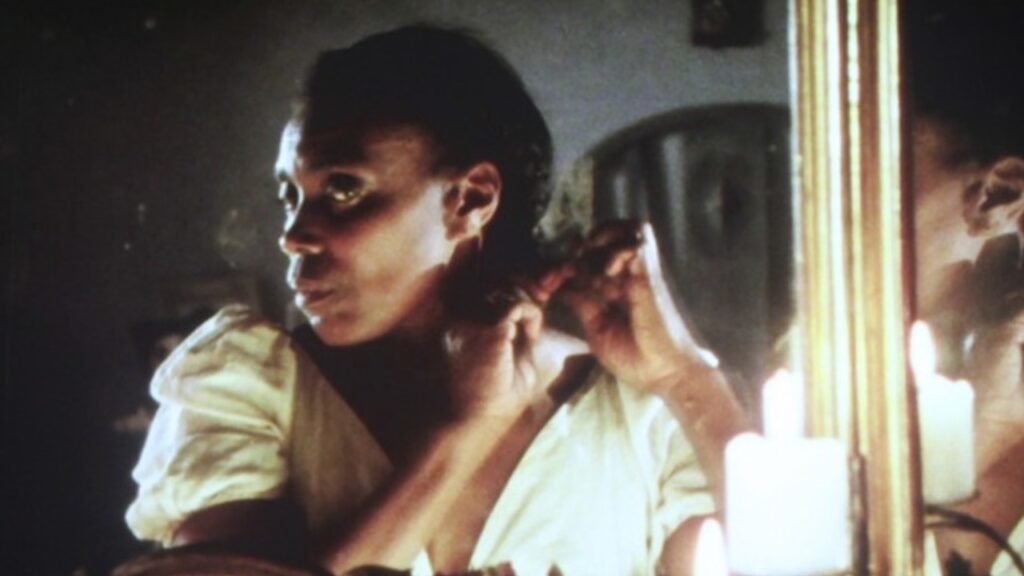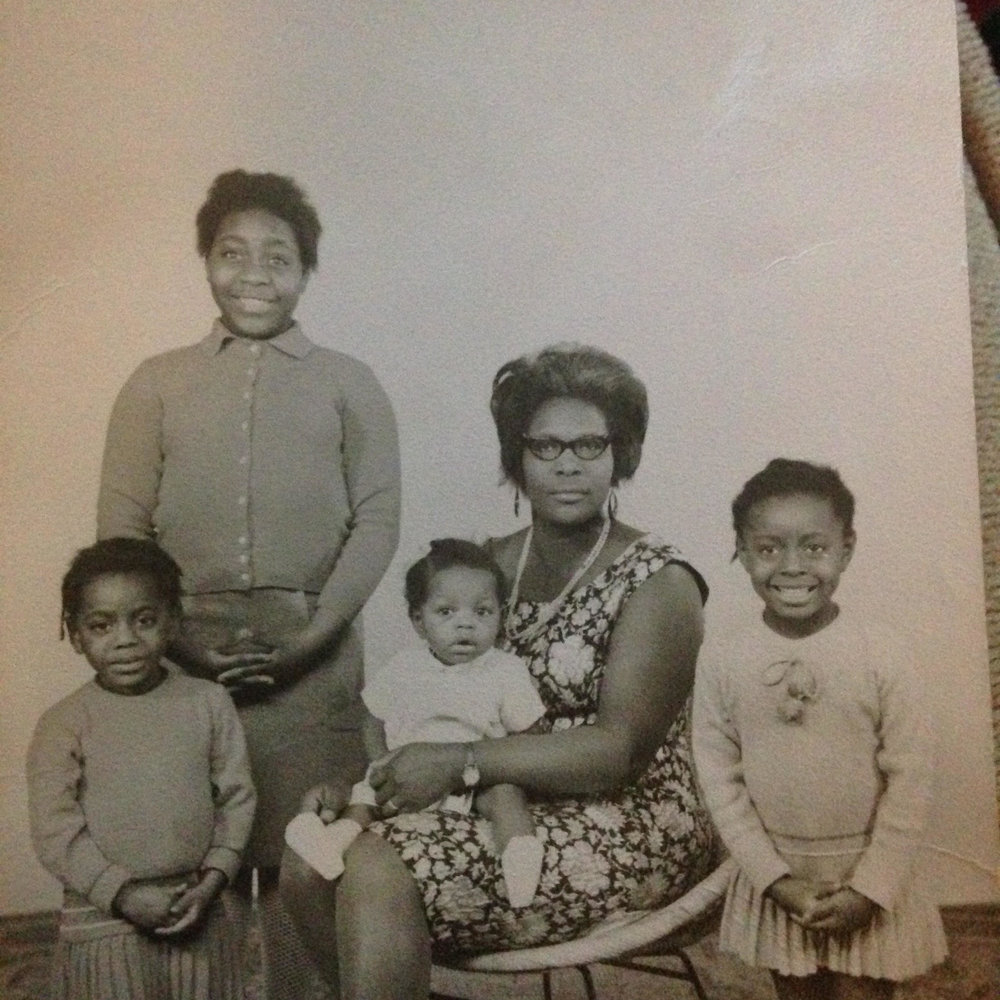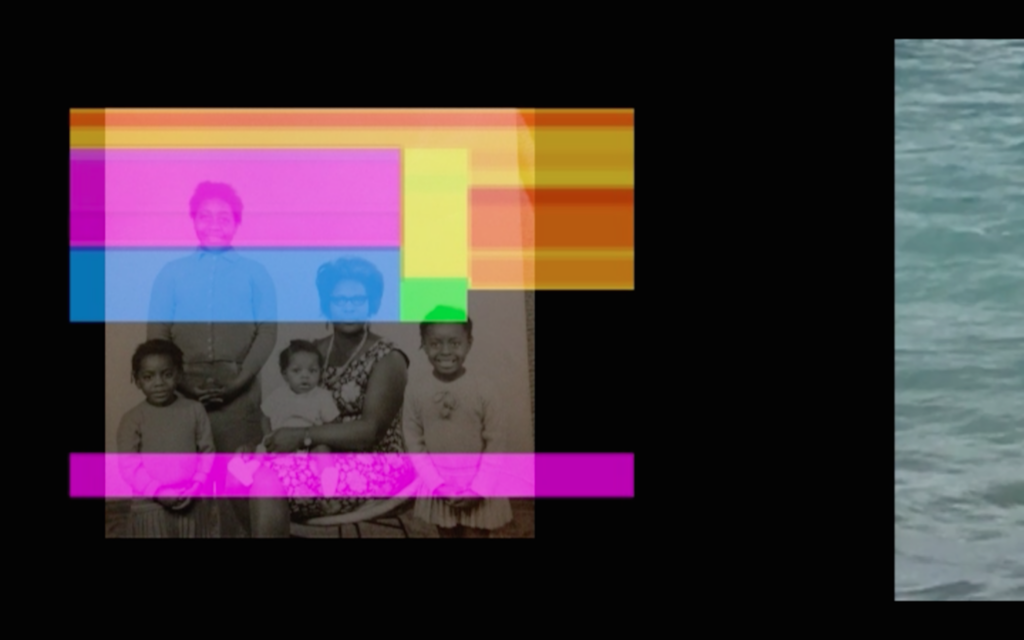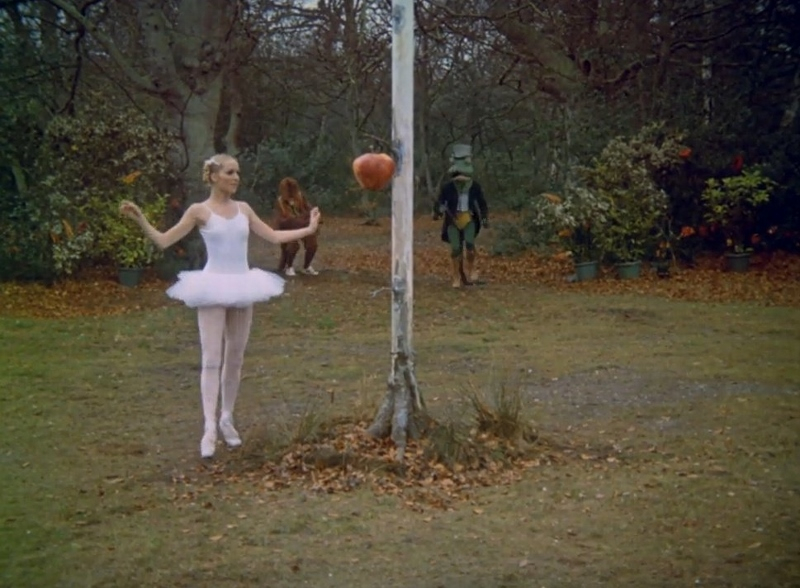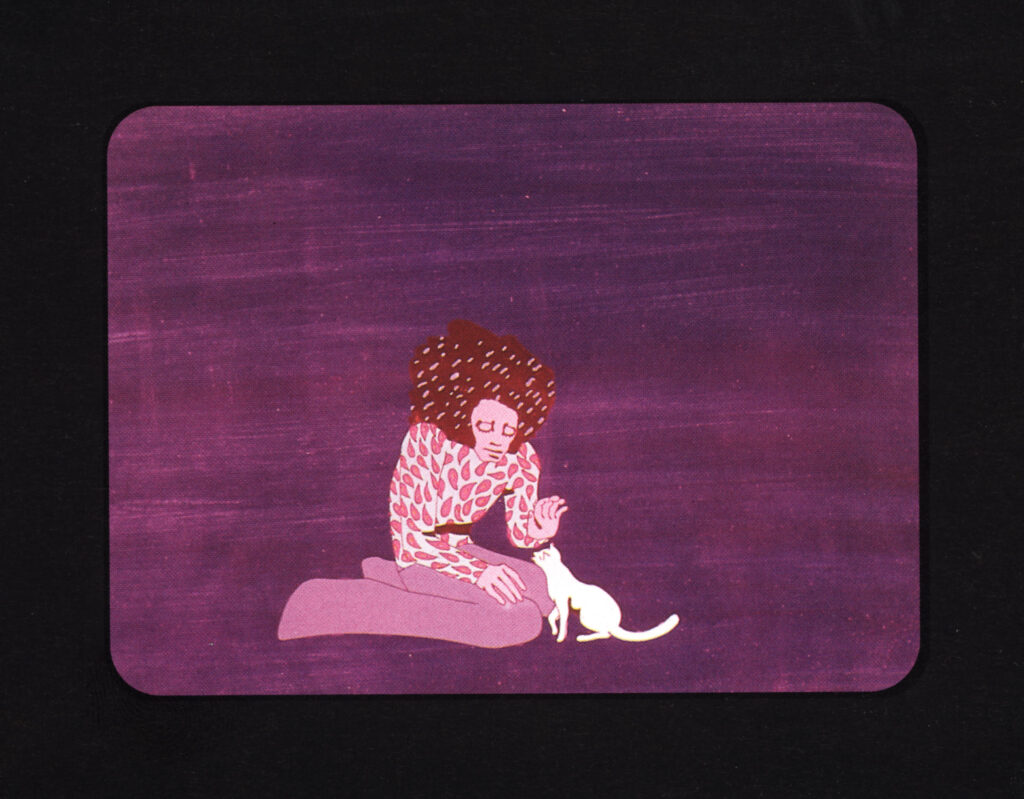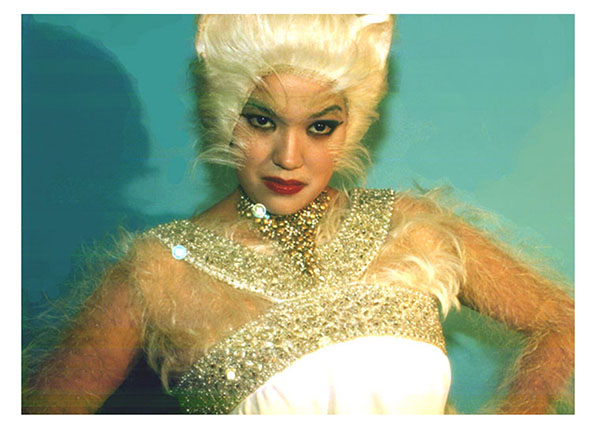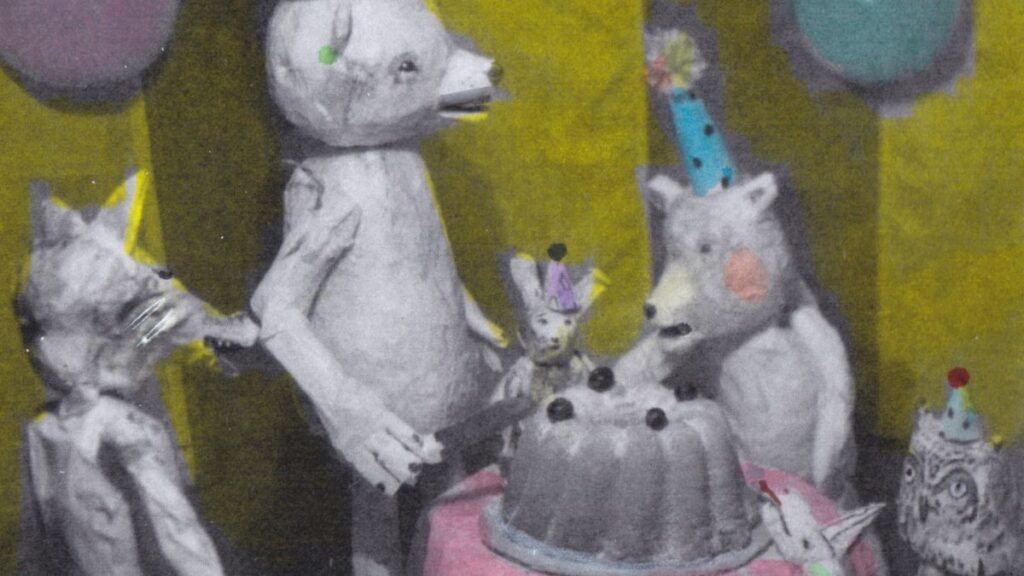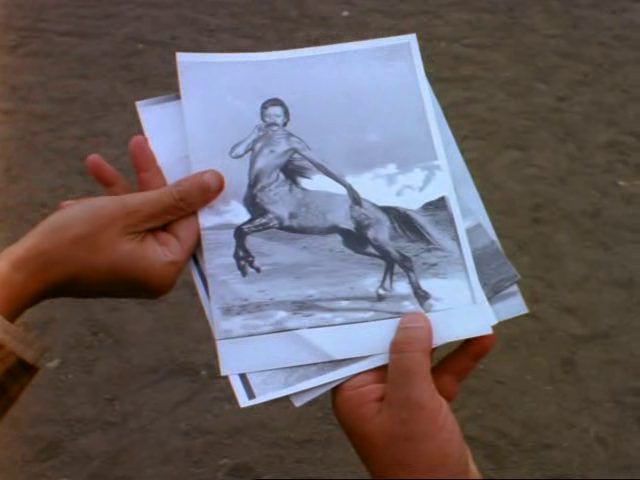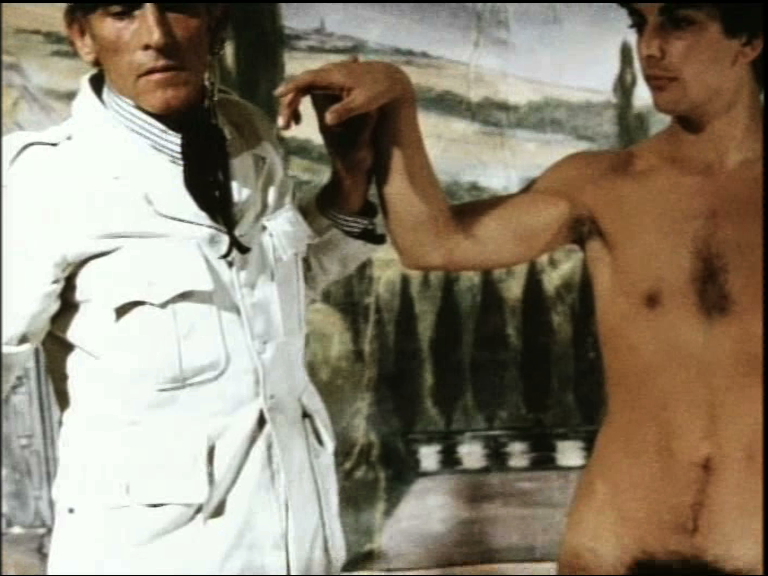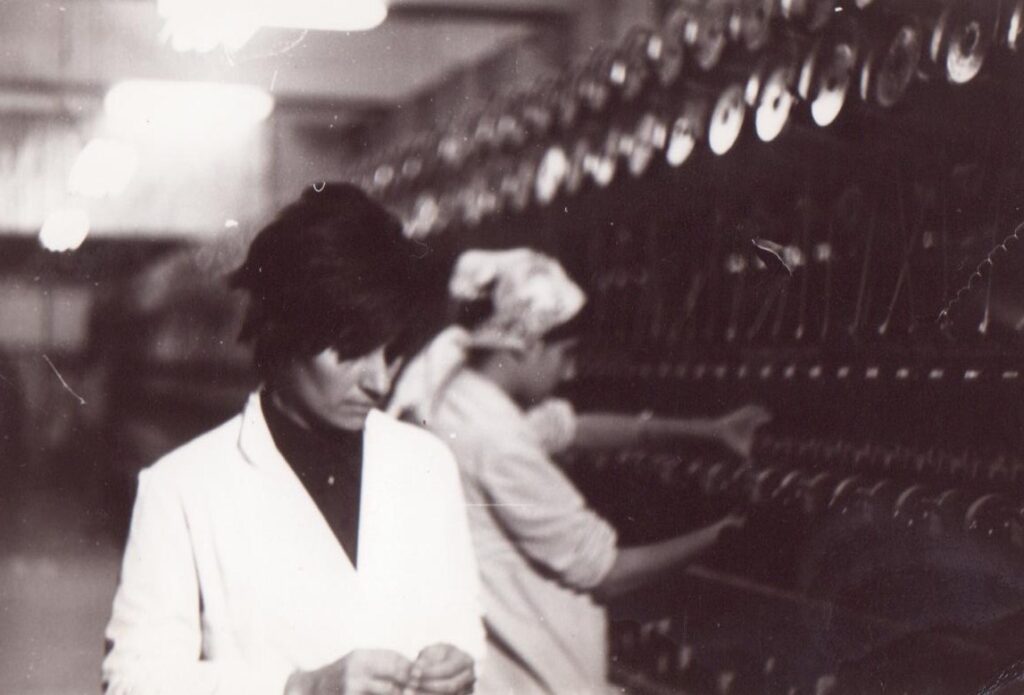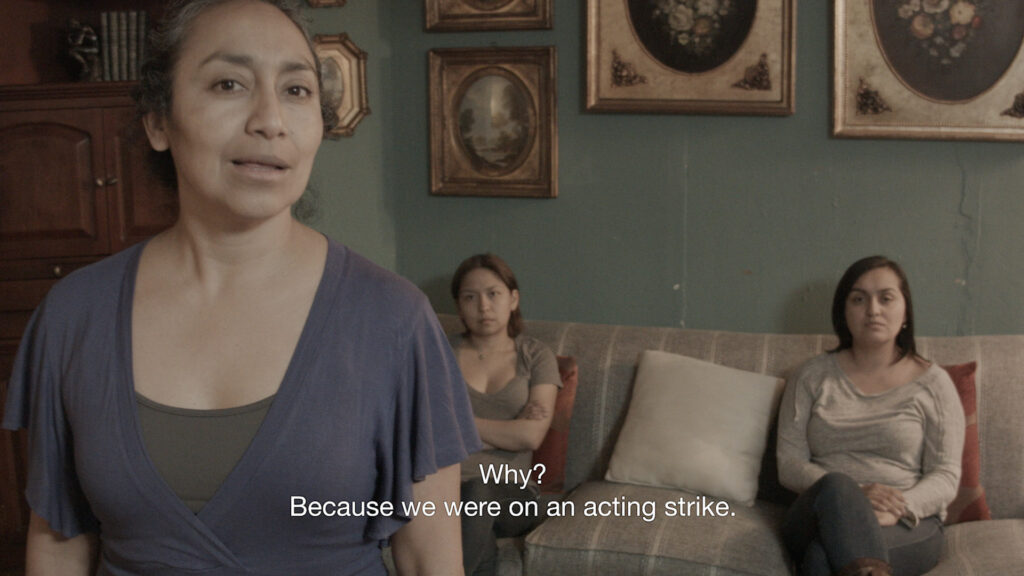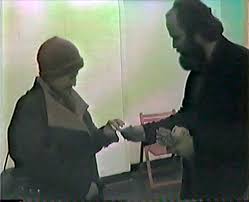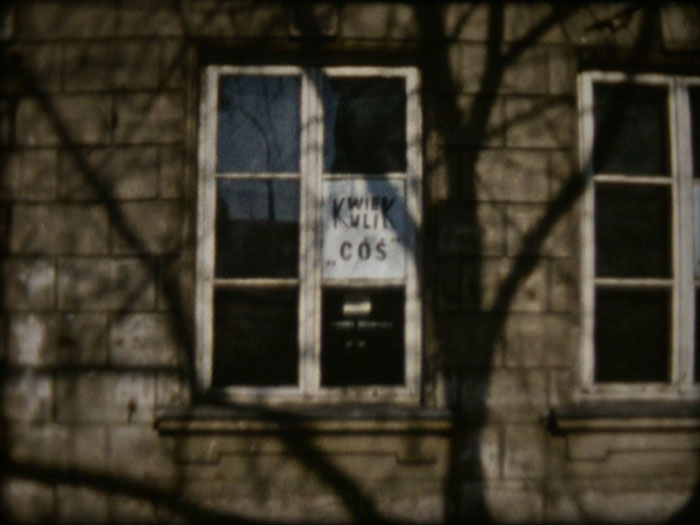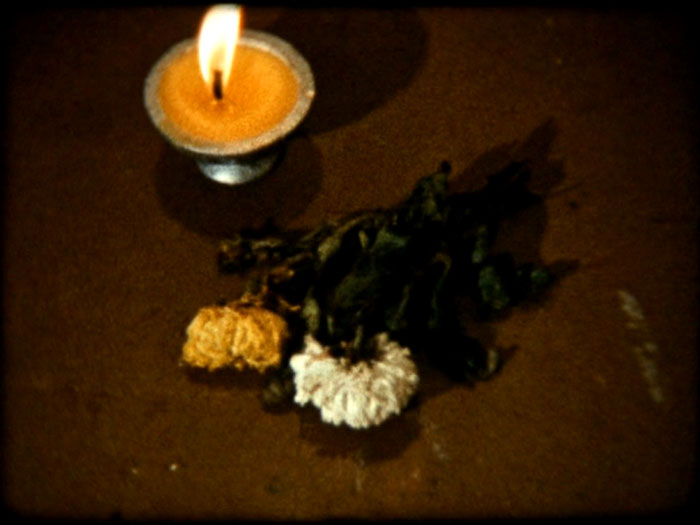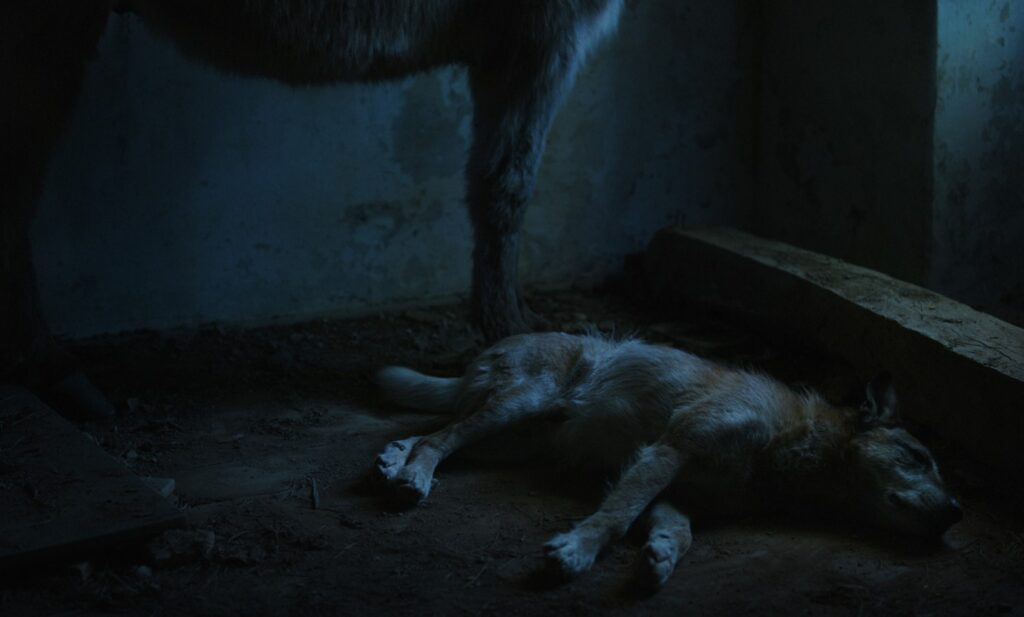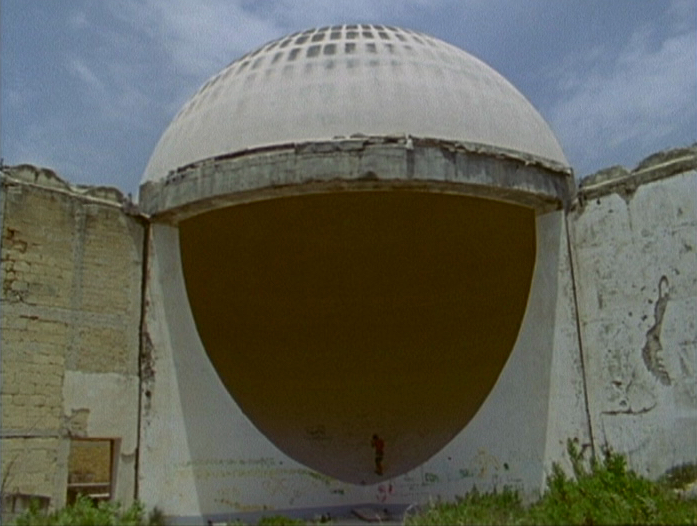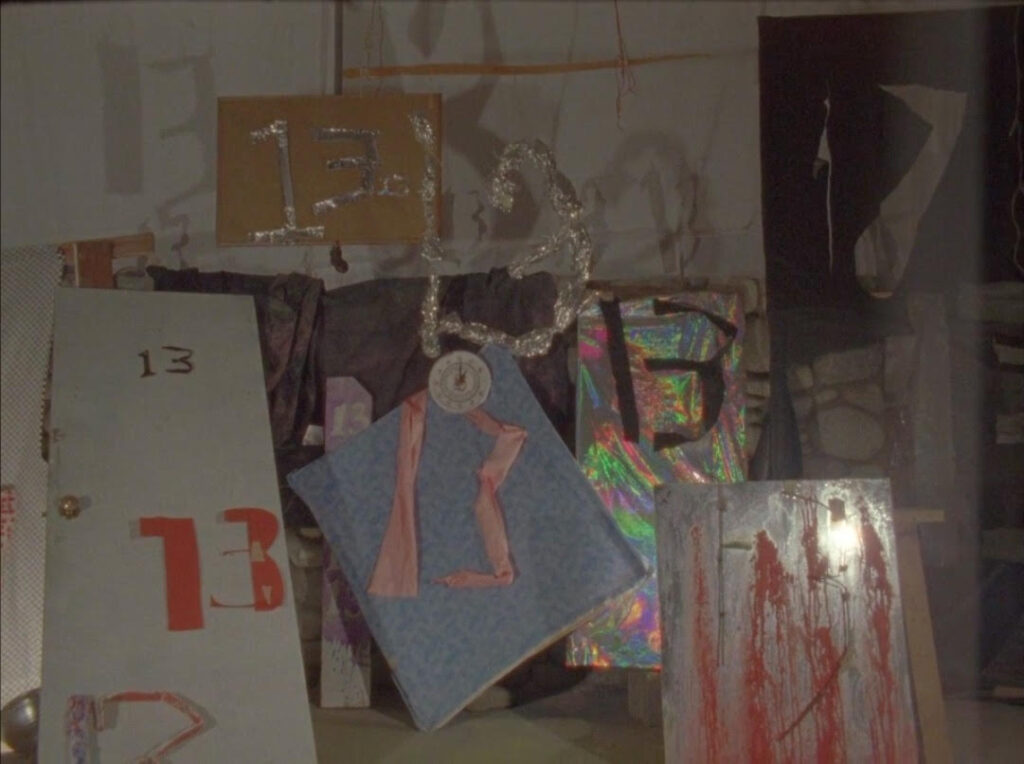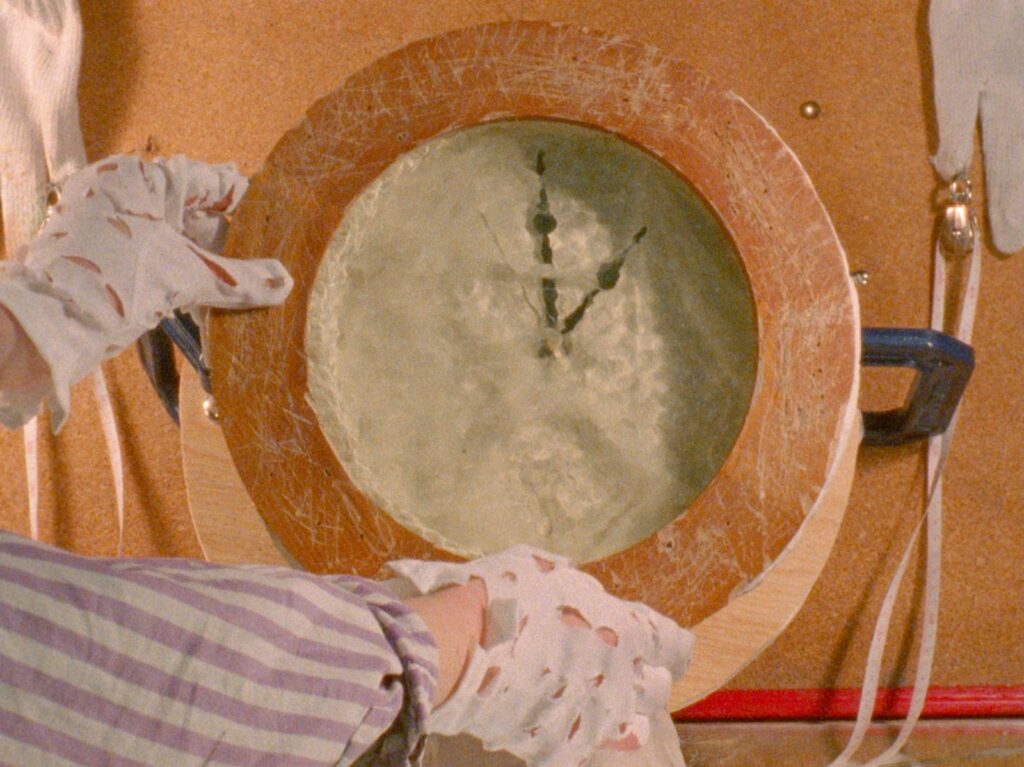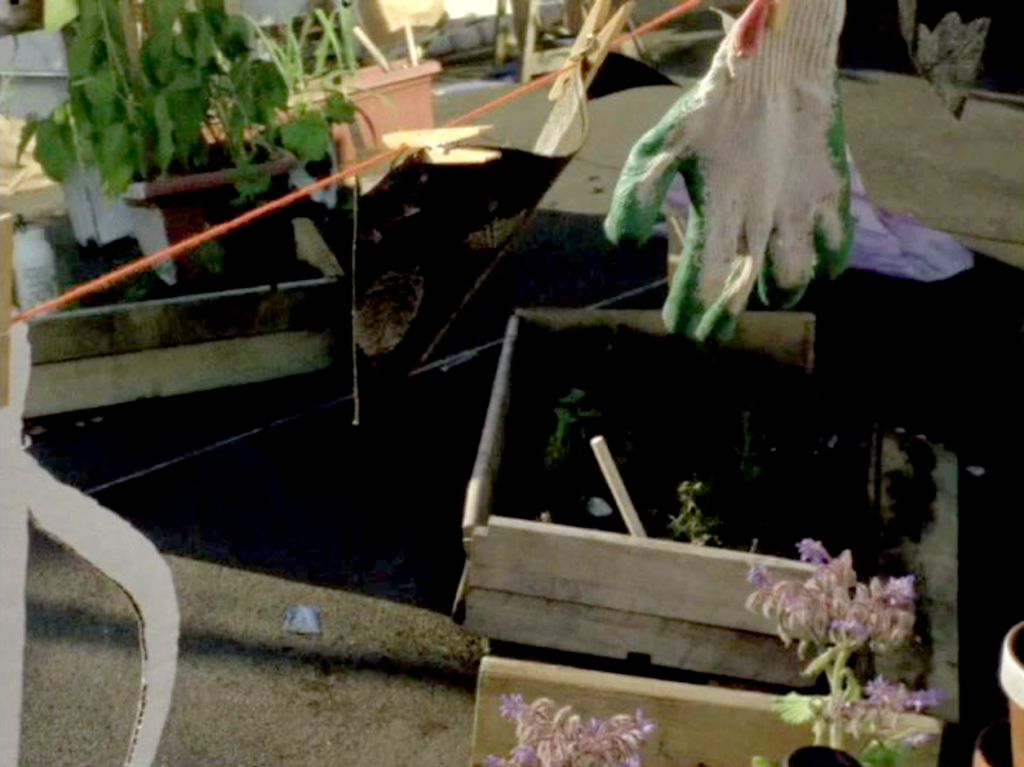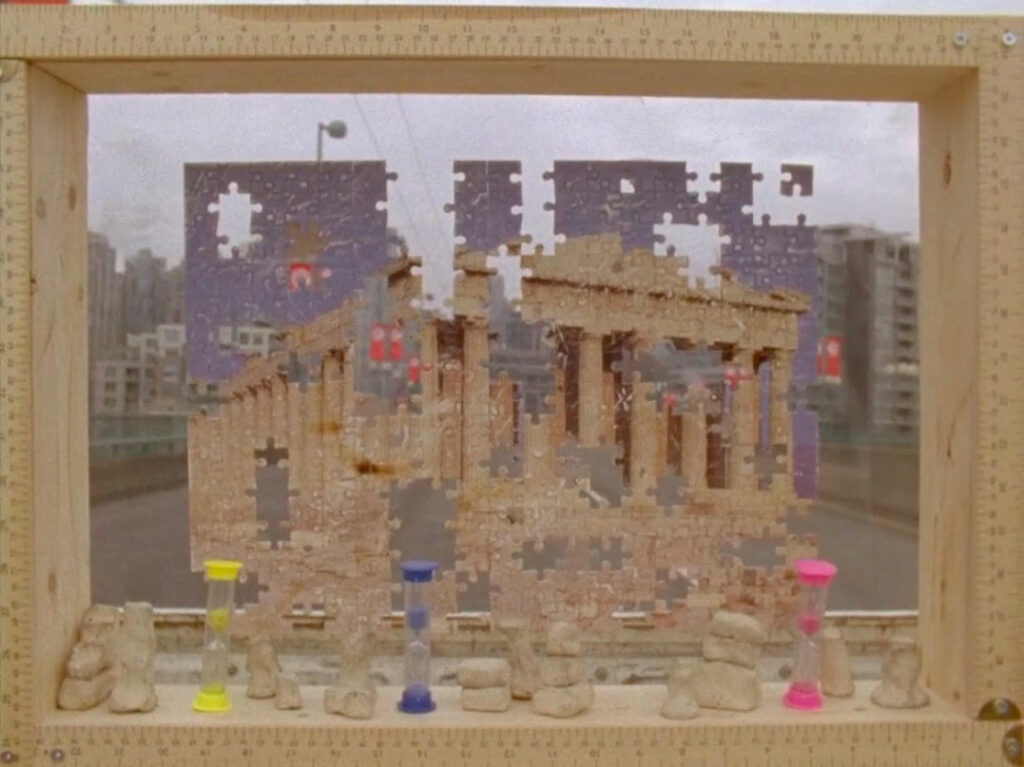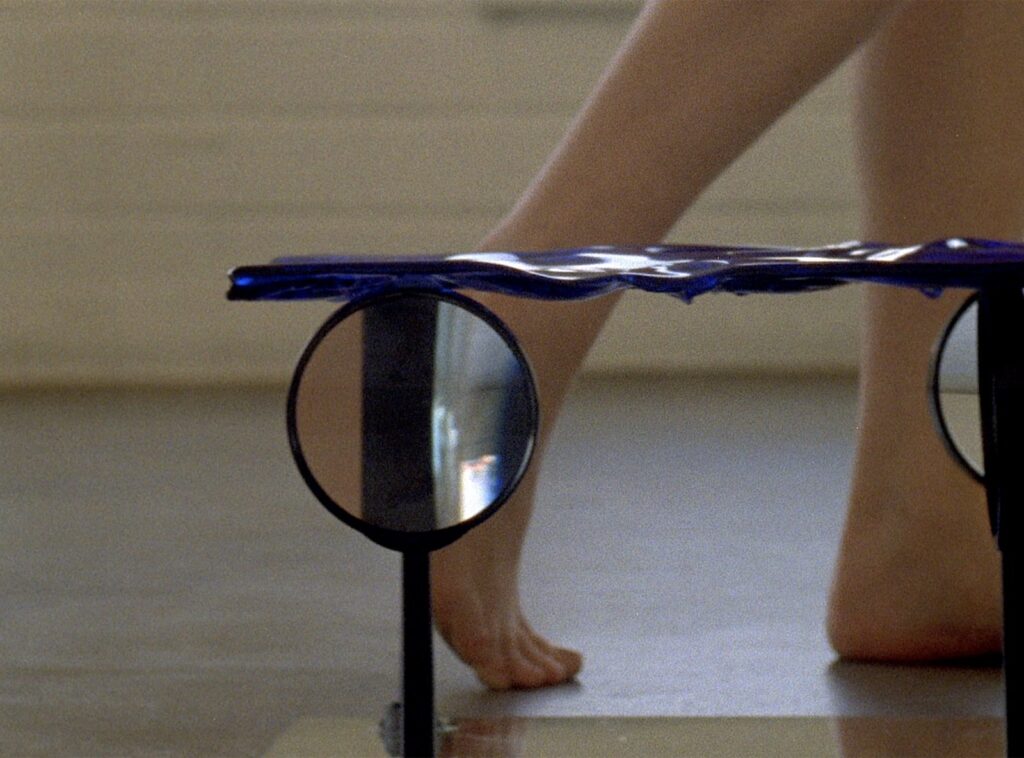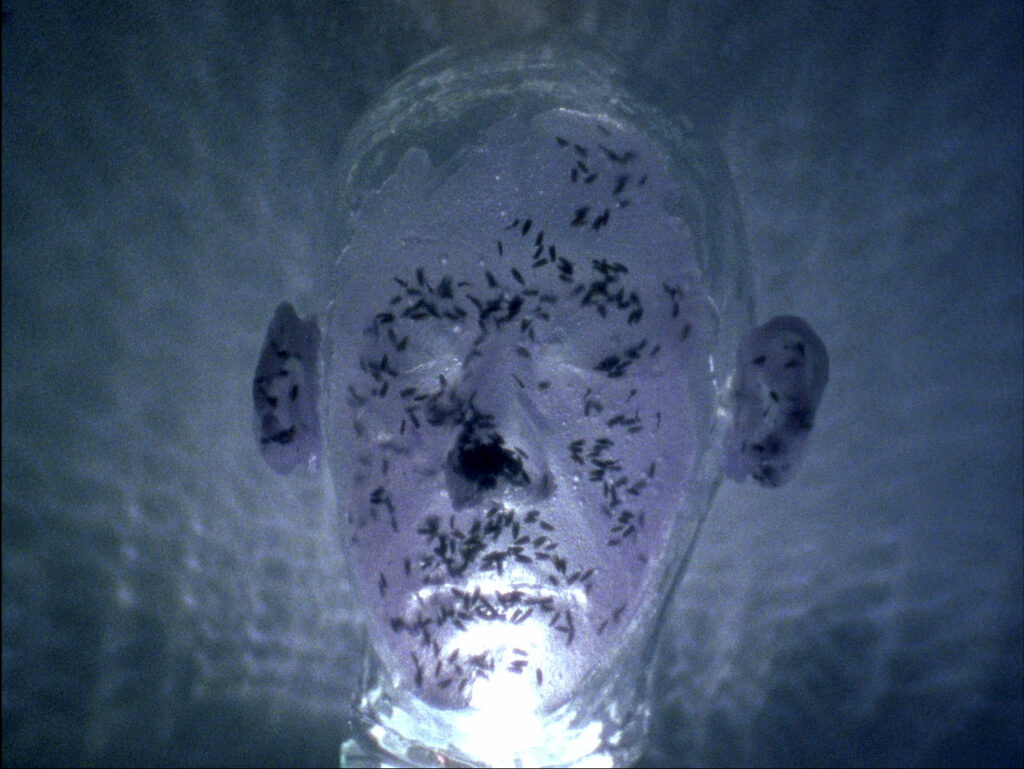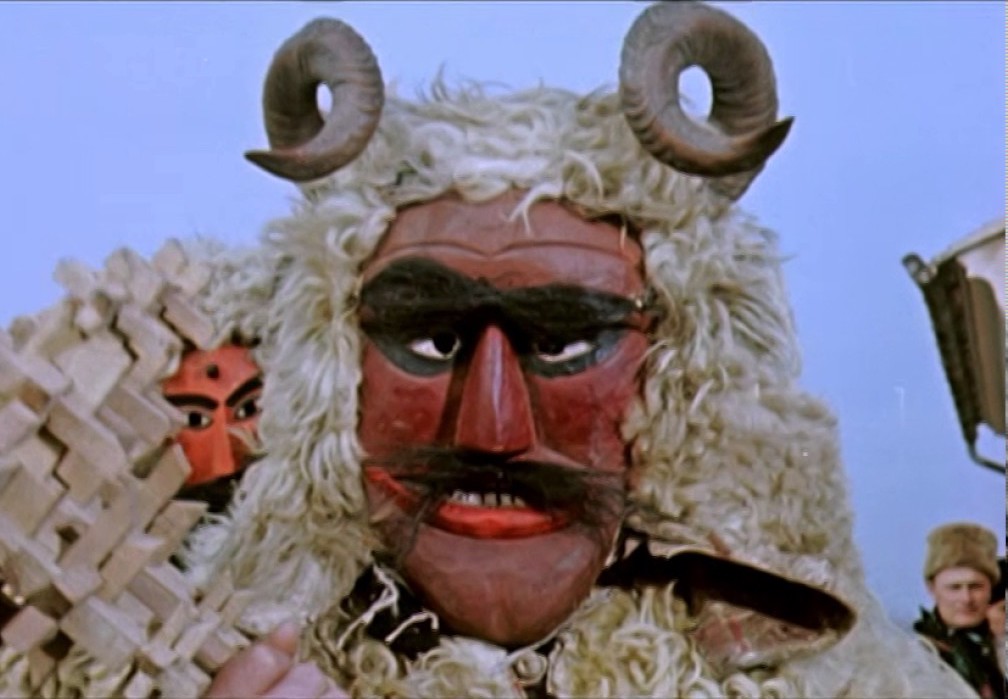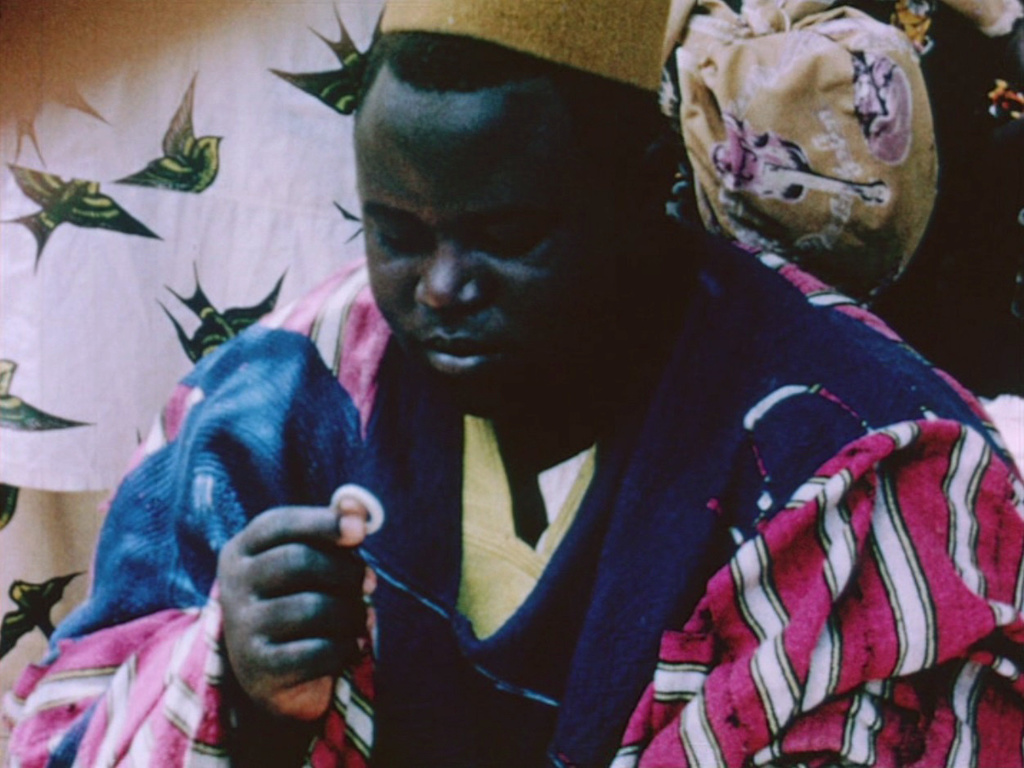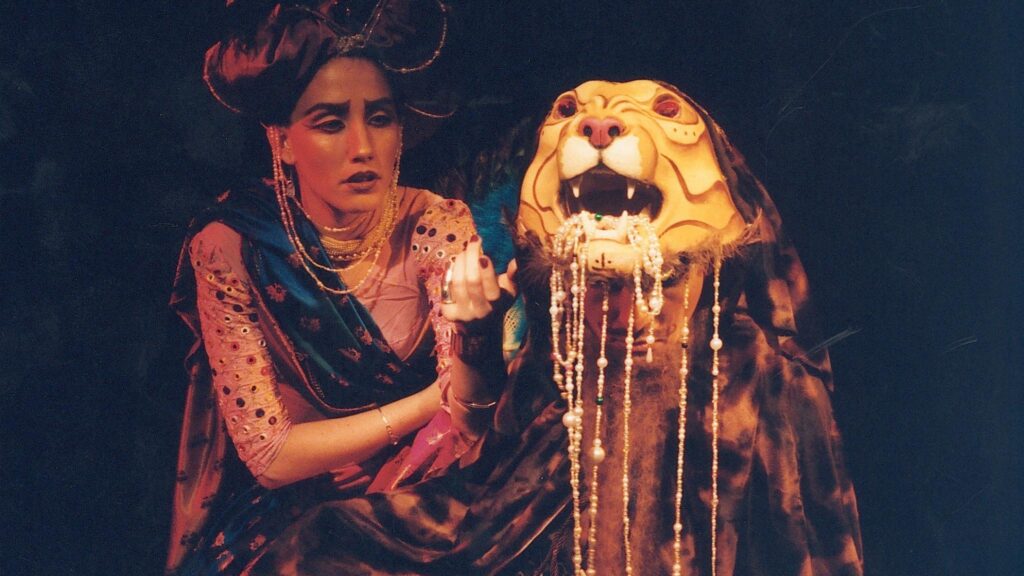
Izza Génini
Izza Génini (1942, Casablanca) is a film director and producer based in Paris. Before turning to cinema, Génini studied Literature and Foreign Languages at the Sorbonne and at the School of Eastern Studies in Paris. She is a pioneering figure in Moroccan documentary and founded the distribution company SOGEVAL, producing and distributing Moroccan and African cinema. Her influential films grapple with themes such as her Moroccan-Jewish heritage, diasporic identity and the wide variety of socio-cultural contexts of music in Morocco.

Maltings Henry Travers
Located on Eastern Lane, The Maltings is the festival’s main hub. The Henry Travers Studio at The Maltings is named after the eponymous film and stage actor, whose best known role was guardian angel Clarence Odbody in the 1946 film It’s a Wonderful Life. The Henry Travers Studio a black-box studio space which can seat up to 120.
The Little Girl Who Sold the Sun follows Sili, a girl traversing Dakar’s many obstacles with her crutches. After starting to work as a newspaper vendor, she quickly runs afoul of territorial boys who see her as a competitor. Djibril Diop Mambéty’s final film is handled with gentle lightness and grace, providing incontrovertible evidence of his place not only as a master of African cinema, but as a pivotal figure in the history of cinema. — Herb Shellenberger
This screening and conversation, programmed by Rabz Lansiquot, pairs dancer Zinzi Minott’s durational film works Fi Dem (2018) and Fi Dem II (2019) with Judah Attille’s Sankofa Film & Video Collective-produced Dreaming Rivers (1988) to consider lineages of Black British experimental film.
Q&A with Zinzi Minott
This programme is supported by the Independent Cinema Office as part of a forthcoming project with LUX celebrating films made in and around the Black British film workshops of the 1980s
Run Time
Fairytales and fables form the fulcrum of these short films. Zlatko Bourek’s psychedelic-era animation The Cat is a day-glo adaptation of Aesop’s ‘Venus and the Cat’, in which a man falls in love with a cat-turned-woman.
Run Time
Love affairs, horse races and male duels unfold at an isolated hippodrome by the sea inhabited by excessive, eccentric characters who strut and pose, fanatically declaim and obsess about their own ‘enthusiasms’. The film’s extravagant monologues were written and performed by the charismatic Renata Litvinova, whose screen presence channels equal parts Marilyn Monroe, Jean Harlow and the loquacious self-possession of a Warholian superstar. Litvinova, a professional screenwriter was discovered by Muratova, immediately becoming a member of her on-screen ‘family’, as well as a cult diva of the new Russian cinema.
From research to writing, through performance and film, this seminar led by BFMAF 2019 Artist in Profile Marwa Arsanios follows the different stages of building a work—from the act of reading and writing to performing a text out loud to an audience and in front of the camera.
Run Time
The Meadow Mari are a Finno-Urgic ethnic group living on the left bank of the Volga River in central Russia, sometimes called ‘the last authentic pagans in Europe’. Their religion—Mari Paganism—is based on the worship of the forces of nature, and mass prayers are held in sacred groves at specific times according to the positioning of the Moon and the Sun. Mari were persecuted during the Soviet Union, but their faith has been given official status by the Russian government since the 1990s. However, some native religion believers contend that there is still a trend to Russify Mari culture and religion.
Lionel Soukaz is a pivotal figure in European queer cinema: a filmmaker, collaborator with queer theorist Guy Hocquenghem and organiser of the first festivals of Cinémas Différents in France. Combining the pop cultural ironies of Jack Smith and Kenneth Anger with protest cinema, his films target the norms of heterosexual and homosexual culture alike, calling for the end of identity and the free reign of desire. Writer/curator Paul Clinton presents two works by Soukaz with an illustrated lecture.
Run Time
Christian Ghazi’s incendiary, avant-garde masterpiece A Hundred Faces for a Single Day ends with the send-off, “I don’t care when or how I will die, as long as there are armed men who will continue the march, shaking the earth with their uproar so that the world won’t sleep heavily over the bodies of the laborious, miserable and oppressed men.” Through this fiction-documentary hybrid film, Ghazi forged a strong critique of bourgeois society in Beirut during Lebanon’s Golden Age (which would end in 1975 with a gruelling and protracted civil war). An essay on labour, class, social relations and resistance, Ghazi considered the film his “manifesto on cinema”, a powerful and polemical work that reaches back to the early decades of film experimentation while pioneering radical techniques in multivalent sound, disjunctive montage and an embedded perspectives on direct action.
Selected by Artist in Profile Marwa Arsanios, who will introduce the film
Christian Ghazi’s incendiary, avant-garde masterpiece A Hundred Faces for a Single Day ends with the send-off, “I don’t care when or how I will die, as long as there are armed men who will continue the march, shaking the earth with their uproar so that the world won’t sleep heavily over the bodies of the laborious, miserable and oppressed men.” Through this fiction-documentary hybrid film, Ghazi forged a strong critique of bourgeois society in Beirut during Lebanon’s Golden Age (which would end in 1975 with a gruelling and protracted civil war). An essay on labour, class, social relations and resistance, Ghazi considered the film his “manifesto on cinema”, a powerful and polemical work that reaches back to the early decades of film experimentation while pioneering radical techniques in multivalent sound, disjunctive montage and an embedded perspectives on direct action.
Selected by Artist in Profile Marwa Arsanios, who will introduce the film
This programme brings together Marwa Arsanios’ new work Amateurs, Stars and Extras or the labor of love with her earlier, much-lauded film Have You Ever Killed a Bear or Becoming Jamila.
Q&A with filmmaker Marwa Arsanios
Run Time
Interleaving the archive (Group Action with KK) is a performative lecture by Holly Argent that brings together a spoken semi-fictive narrative, photographic transparents on an overhead projector, a live video-feed projection and a screening of a number of films by Polish artist duo KwieKulik (Przemyslaw Kwiek and Zofia Kulik). Also known as KK, the duo were making work in Warsaw, Poland between 1971–87. Their political and often ephemeral work attempted to expose their situation as artists working under communist rule in the People’s Republic of Poland.
Run Time
After living wild for a week, Astrid’s 13-year-old son Phillip returns home without saying a word. Only gradually does everyday life get back on track. Astrid now finds herself confronted with questions that provide a whole new perspective on her middle-class existence and her career in Berlin’s cultural sector. At home, it becomes more and more difficult for this single mother to accept that her son is leading his own life. The family may be disintegrating, but only to form itself anew.
Supported by Goethe-Institut London
Steffanie Ling (Artistic Director, Images Festival) presents Broken Clocks, a selectrospective of Vancouver-based artist Kasper Feyrer’s 16mm films originally shown as installations. By filming their sculptures as props, and the gallery installation as set, each exhibition seeps into the next, creating the causes and conditions for the next film to germinate. Feyrer’s use of ‘practical film effects’—such as physical objects and non-digital special effects made for the verisimilitude of the camera—fashion a world of techniques and materials designed to mirror our own without the pretext of permanence.
Q&A with filmmaker Kasper Feyrer
Co-presented with Images Festival
Run Time
This shorts programme looks at filmmakers cinematically adapting folkloric legends from their own cultures. Busójáráskor is an ethnographic documentary on the Hungarian celebration of Busójárás, in which people dress as horned monsters with carved wooden masks. Nigerien filmmaker Moustapha Alassane’s The Ring of King Koda adapts a Zarma legend in which a king tests the loyalty of a fisherman. Nana Tchitchoua’s Impressions from Rustaveli melds the Georgian medieval poet’s writings with the cinematic language of Sergei Parajanov and Jack Smith.
Run Time
The episodically connected lives of four college friends unfold throughout the incipient martial law years, as they struggle to define their sexual and professional desires and how best to attain them. An observational drama that does not shy away from topics such as abortion, prostitution, patriarchy, homosexuality, military violence and the repressive social conditioning of collective imaginaries, this understated feminist inquiry into the possibilities of sustaining queer kinships stands out as a singular achievement of woman-centred Philippine cinema. — Letitia Calin
Meet Animistic Apparatus’s featured artists. In this conversational session Lucy Davis, Chris Chong and Tanatchai Bandasak talk about their artistic engagement with ecology, cosmology, and the politics of environment and land in Southeast Asia. May Adadol Ingawanij introduces the project’s speculative method of exploring animistic relations and artists’ moving image.
Run Time
Aura Satz presents the UK premiere of her film Preemptive Listening (Part 1: The Fork in the Road) and discusses her wider research on sonic obedience and disobedience through the trope of the siren. Her project proposes a speculative re-imagining of emergency signals—it posits the siren’s loud glissando wail as a conditioned and learned signal, one that can potentially be productively rewired.



